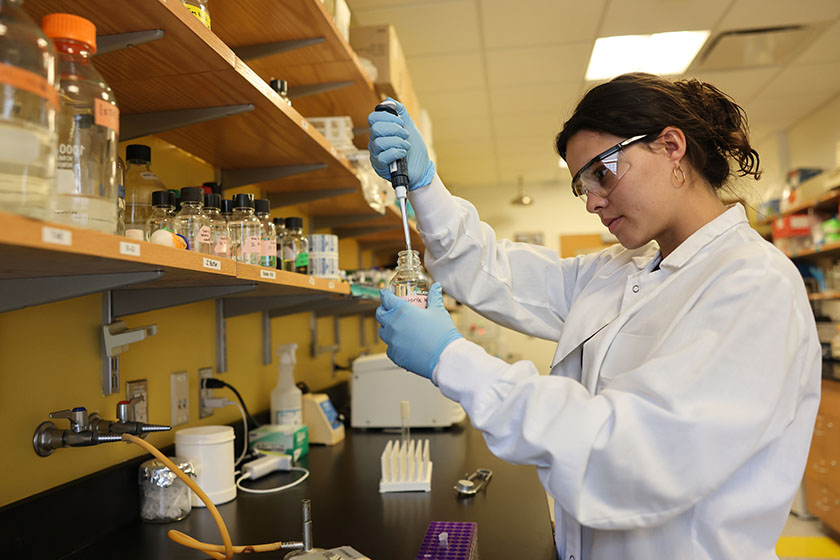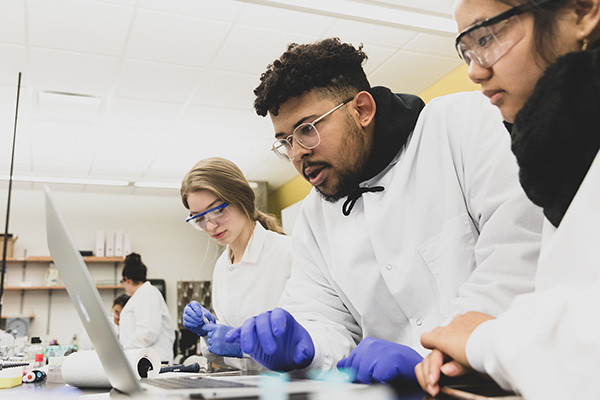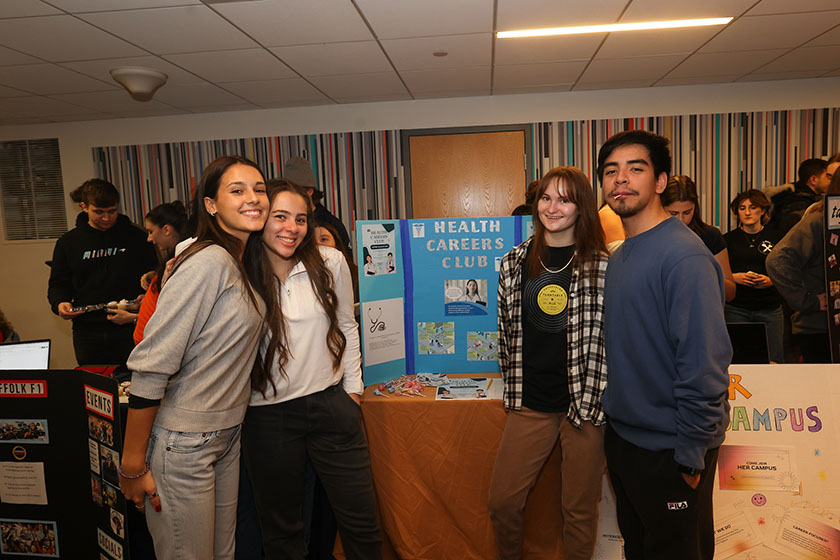As a biology major, you’ll gain a panoramic view of life – from the molecular to the ecosystem level—and explore a wide variety of career paths in the fields of microbiology, biotechnology, healthcare, and marine science. Your classroom and lab experiences will teach you scientific research methods and reporting, while an internship or senior project at one of Boston's premier hospitals or research facilities will help you deepen your knowledge and broaden your network.





 Visit Us
Visit Us Request Info
Request Info Apply
Apply



